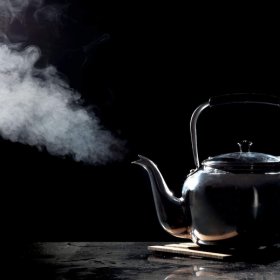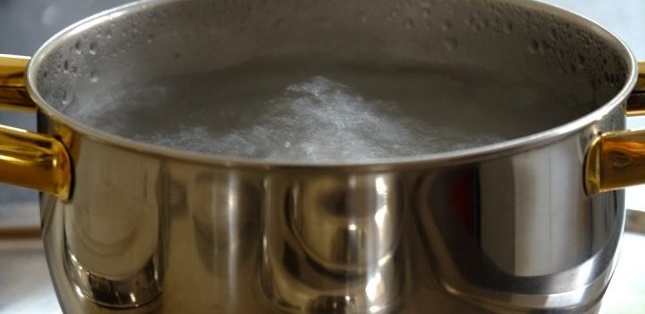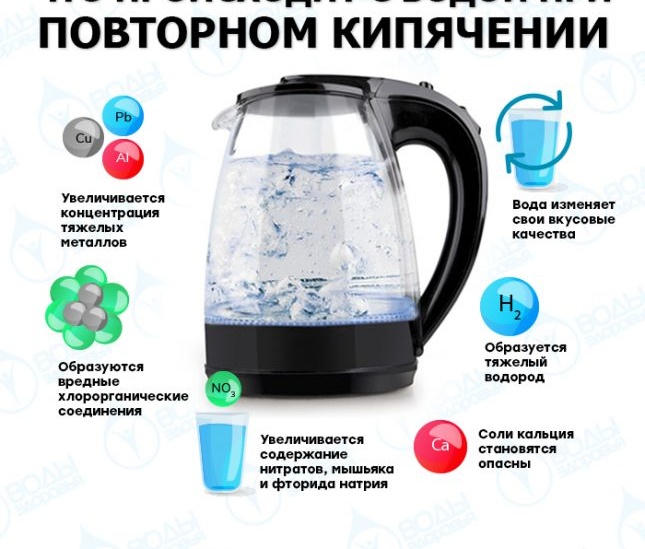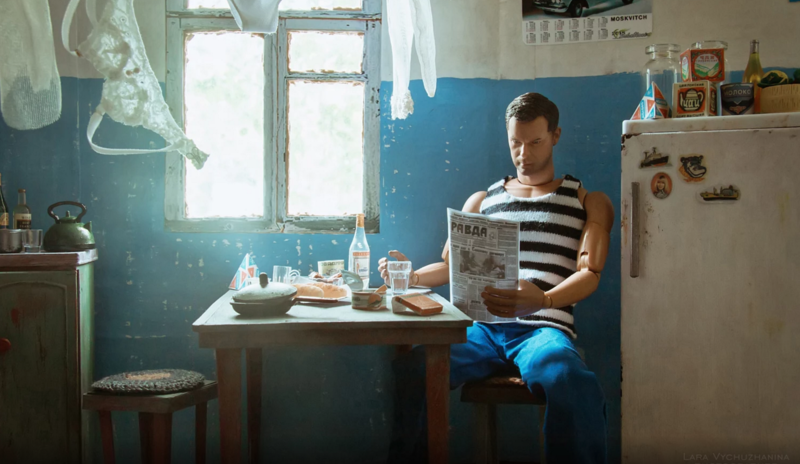Why it is impossible to boil water twice: is it a scientific fact or myth?

In recent years, there are more and more publications about the dangers of re-boiling water. From these articles it is not always clear how justified the conclusions made in them. Let’s try to figure out why it is impossible to boil water twice and whether this is true.
What happens to water when boiled again
Before figuring out whether it is possible to boil water twice or to do it categorically is not recommended, it is worth determining why this is done at all. It makes no sense to bring the future tea to a boil, then to wait until the burning liquid has cooled to an acceptable temperature. Bacteria already died when we first brought water to a temperature of 100 ° C. Secondary heat treatment is simply not required.
And now we’ll figure out what exactly we boil and what happens. As a rule, we pour water from the tap into the kettle. It enters the water supply system from the intake station, where it is deeply cleaned and chlorinated.
We do not know how well the treatment facilities work and how many impurities they do not remove. Therefore, we add the “X” of unknown chemicals to chlorine, which is definitely in the tap water.
Upon boiling, the amount of H2O in general and oxygen in particular decreases, but all salts, impurities and chlorine remain. Water is getting smaller, but the concentration of potentially dangerous ingredients is not decreasing. And with the third, fifth, tenth of boiling, it will only increase.
As we remember from school books, when heated, chemical processes are accelerated. We do not know what goes to our water in the appendage to chlorine, so we can only guess which reactions are activated. And what we send into our body with another sip of coffee.
But there are more optimistic opinions. True, they do not come from chemists. So, endocrinologist Mikhail Bogomolov agrees that with repeated boiling, the proportion of “heavy water” increases, but considers these changes to be uncritical. “Yes,” the doctor believes. - A precipitate will appear, but it will only soften the water. The concentration of hazardous substances will not reach a level hazardous to human health. ”
Repeated boiling carries potential harm to the body due to the initial content of chlorine, salts and other substances in the water. None of the experts doubts this. However, some doctors believe that the concentration of hazardous substances does not reach a level hazardous to human health and is incomparable with the amount of “chemistry” the body receives from smoking, car exhausts, and plant emissions.





2 comments